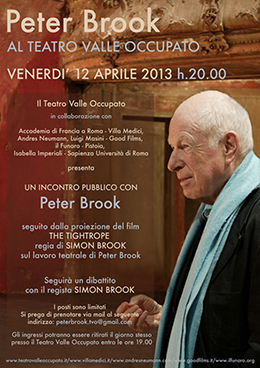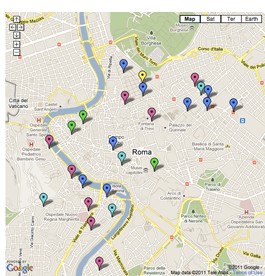Defining the length of periods
When we start learning our first foreign language, we think it’ll be the same as our mother tongue but with different words. We quickly learn that doesn’t work, so we start looking for equivalence at the level of structure—that an Italian future will correspond to an English future, for example. This attempt is doomed to failure too.
The Present Perfect for period to the present is an ordinary area of grammar that defines the duration of a period, and nothing else. But–better than any other area of grammar—it shows with cruel clarity that the equivalence-at-the-level-of-structure idea is a trap, because here the equivalent structures in English and Italian have totally separate meanings.
This lesson tries to show that you can instead find real equivalence at the level of the functions into which each structure is divided. The Present Perfect isn’t equivalent to the Passato Prossimo but the various different functions of the Present Perfect each have an equivalent function in Italian.
The Present Perfect for the period to the present throws this fact into contrast in a way that students can’t ignore, which means that it becomes a watershed in their learning.
Present Perfect for the recent past
Present Perfect for experience
Present Perfect (all in one)
Present Perfect Continuous
Introduction to the Present Perfect
The period to the present


